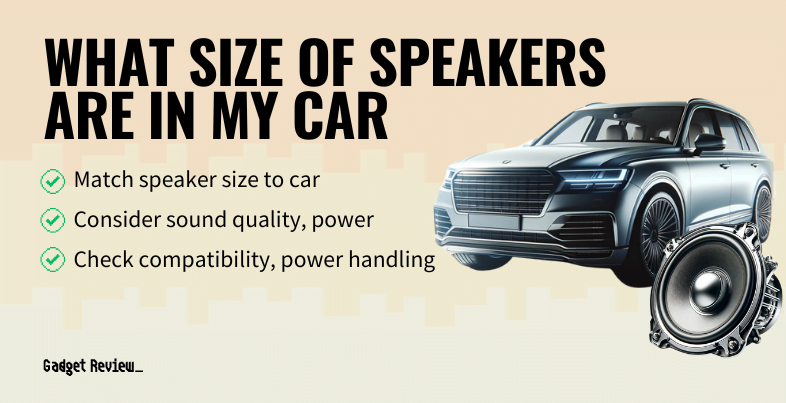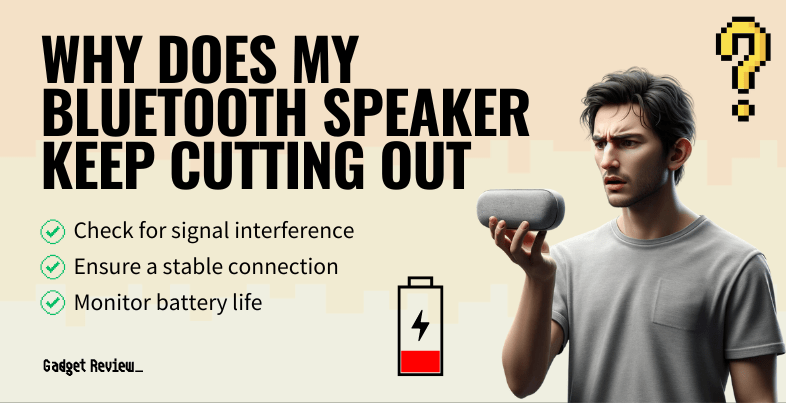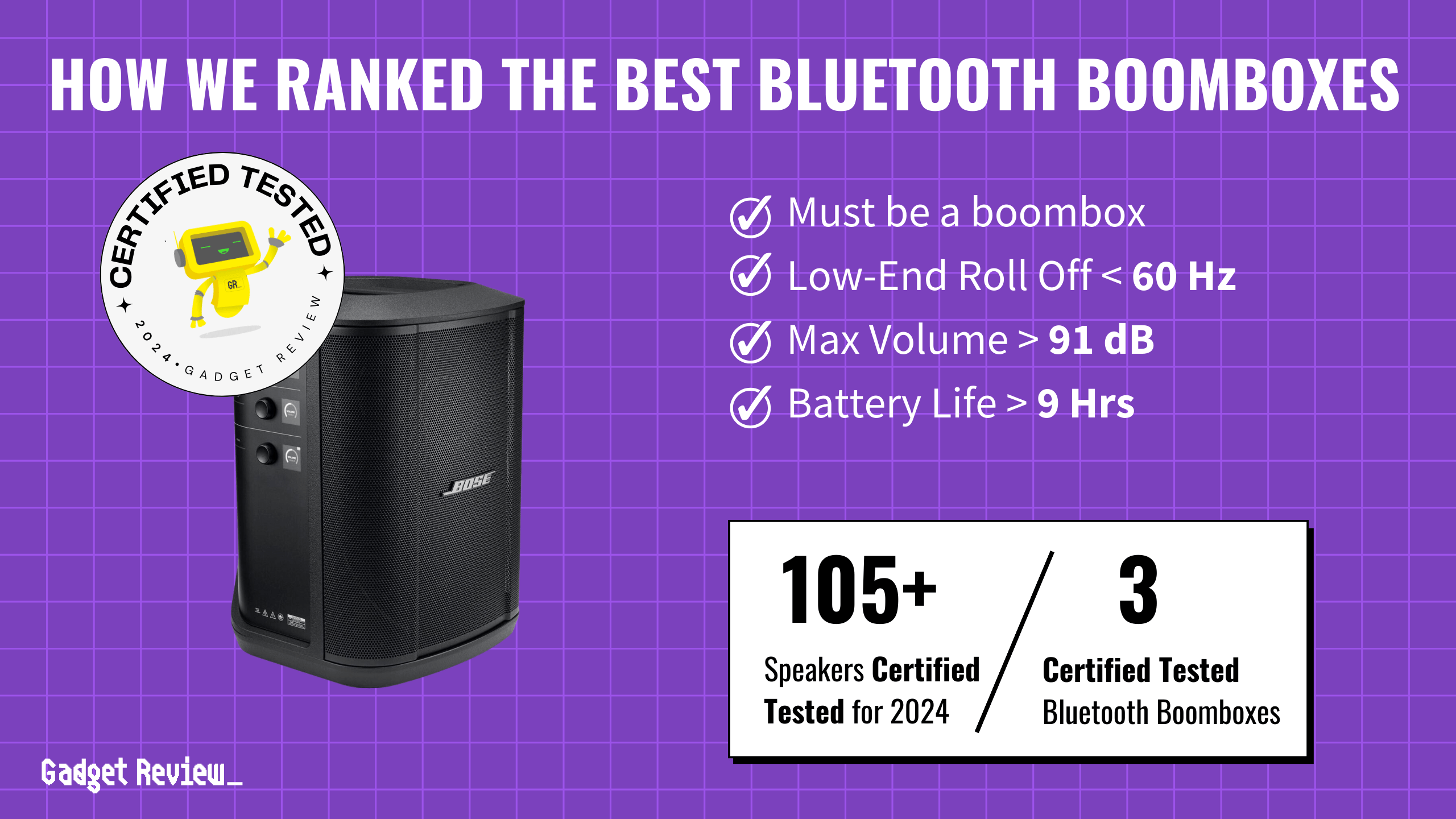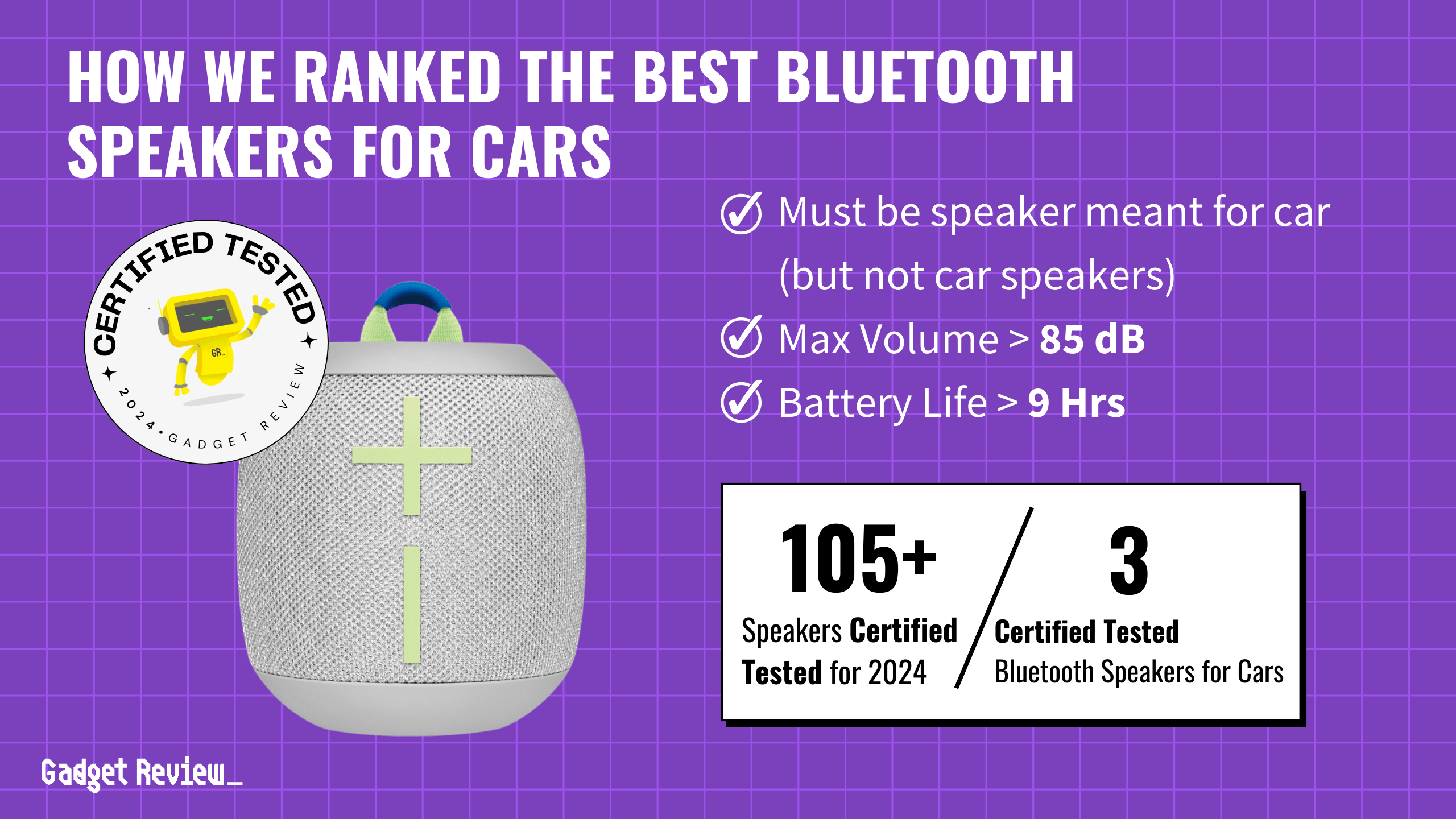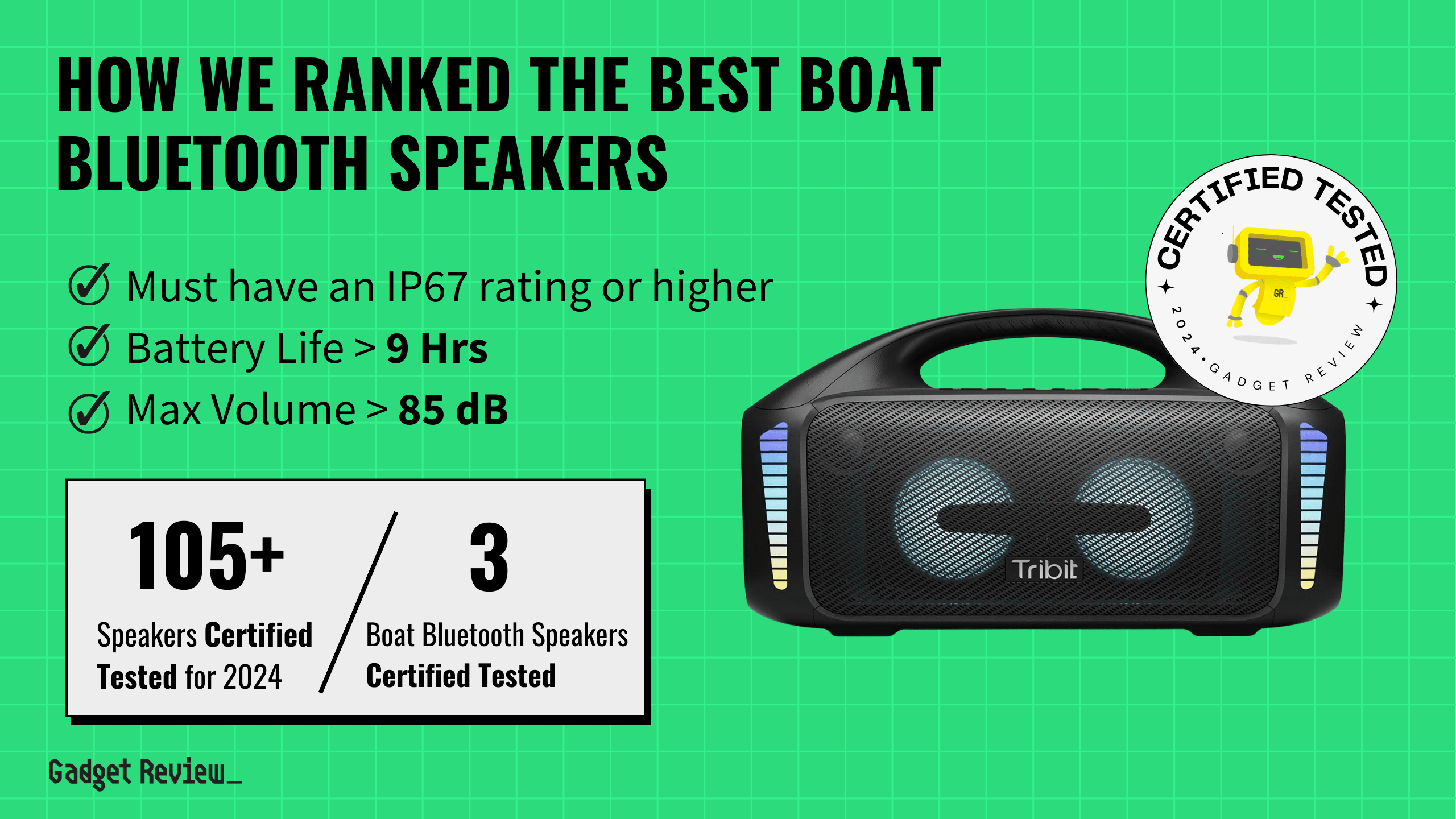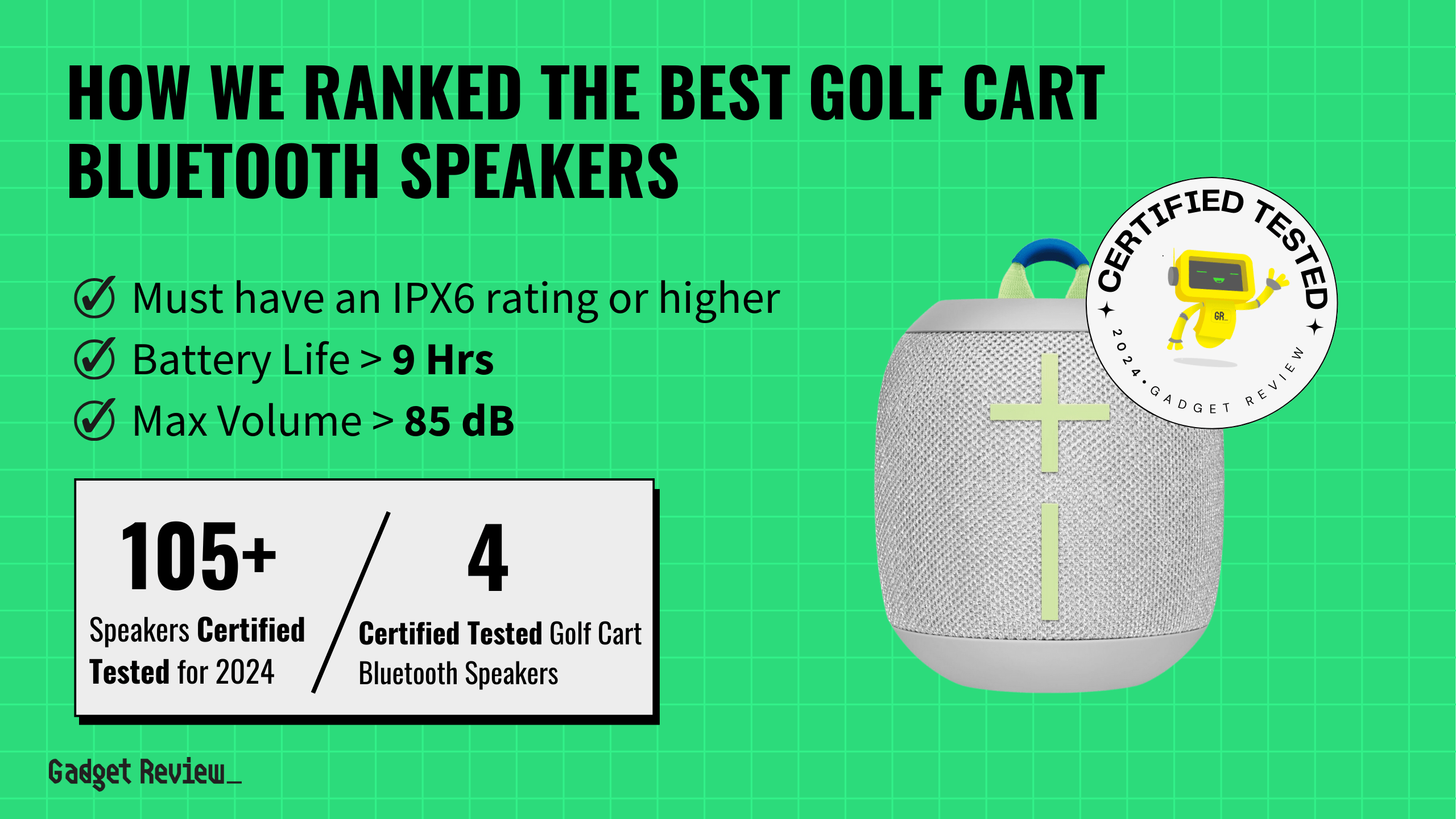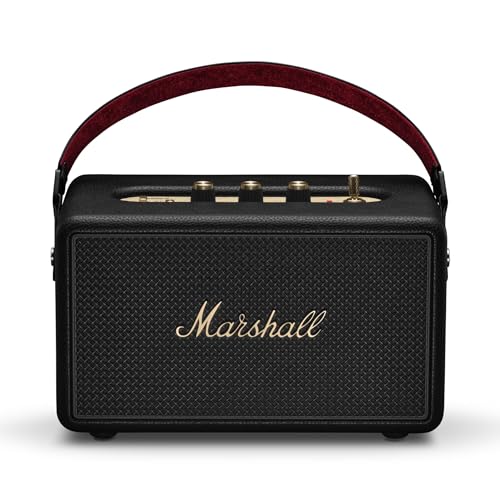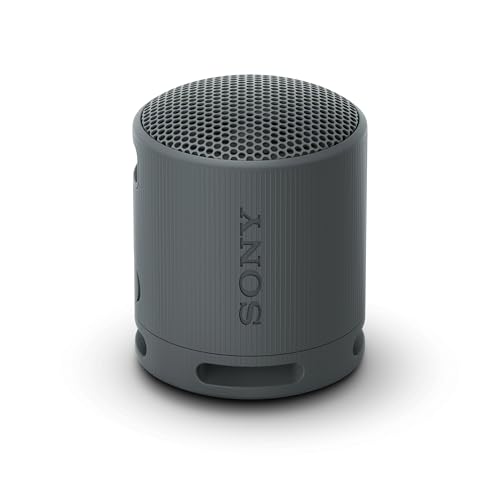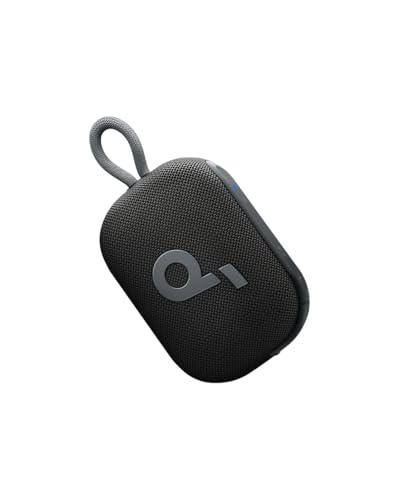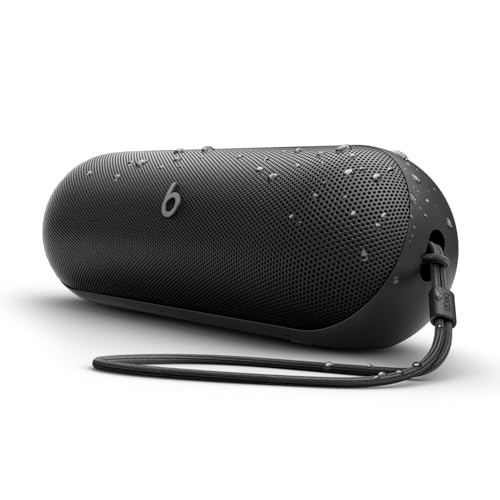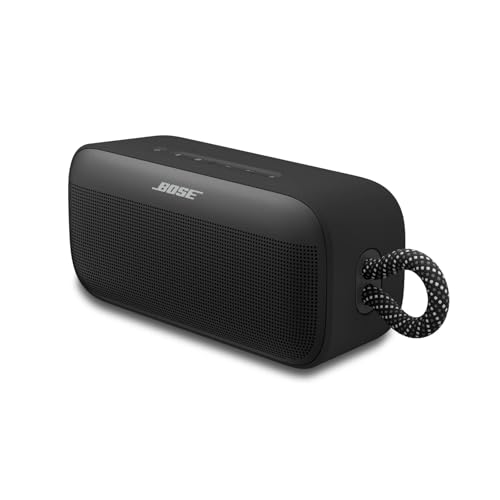Understanding speaker sizes for different car models can help you find the perfect fit without any confusion or guesswork.
It’s critical to consider your car’s make and model. Generally, compact cars have smaller speakers, while larger vehicles like SUVs and trucks house larger units due to the ample space they offer.
Depending on your car’s type, you should have a general idea of the speaker sizes range as follows:
| Car Type | Front Door Speaker Size | Rear Speaker Size | Rear Deck or Trunk Speaker Size |
|---|---|---|---|
| Compact cars | 4 to 5.25 inches | 4 to 5.25 inches | N/A |
| Sedans | 5.25 to 6.5 inches | 5.25 to 6.5 inches | 6 to 6.75 inches |
| SUVs | 6.5 to 7 inches | 6.5 to 7 inches | 6 to 6.75 inches |
| Trucks | 6.5 to 7 inches | 4 to 6.5 inches | 6 to 6.75 inches |
Here are some of the strategies you can use to speak your car speaker’s language right away. Also you can learn to tap into the rear speakers for subwoofers if you want to make the bass in your car more pronounced.
1 Check the owner’s manual.
It’s always a smart move to consult your car’s owner’s manual first when searching for the ideal speaker size.
Why? It’s simple. You’re likely to find nuggets of valuable information regarding the factory-installed speaker sizes. Trust this authentic source to help you out.
2 Look for specifications on the speakers.
If the manual doesn’t help or perhaps it’s nowhere to be found, try your hand at looking for specifications right at the speakers. You’ll find these specs on aftermarket speakers, mostly located on a visible area of the casing. It’s not always a sure shot but it’s certainly worth a try.
3 Measure the speaker yourself.
And if all else fails, roll up your sleeves and get ready to measure the speakers yourself. Use measuring tape and measure the speaker’s diameter – from one side of the speaker to the other, passing through the center. Be sure to not damage your woofers and coaxial speaker systems in the heat of measuring and installations.
Remember to assess additional factors like sound quality, power, frequencies, and more. Pick speakers that will color your journey not only with sound but bold, coursing life that dances to your driving beat. Your car deserves an audio system that compliments its vigor, just the way you envisioned for your next exciting road venture.
Common Speaker Sizes in Cars
By understanding the nuances of speaker sizes, you’re better equipped to create a sound system that’s tailor-made for your enjoyment. Below, we explore commonly used speaker sizes in automobiles.
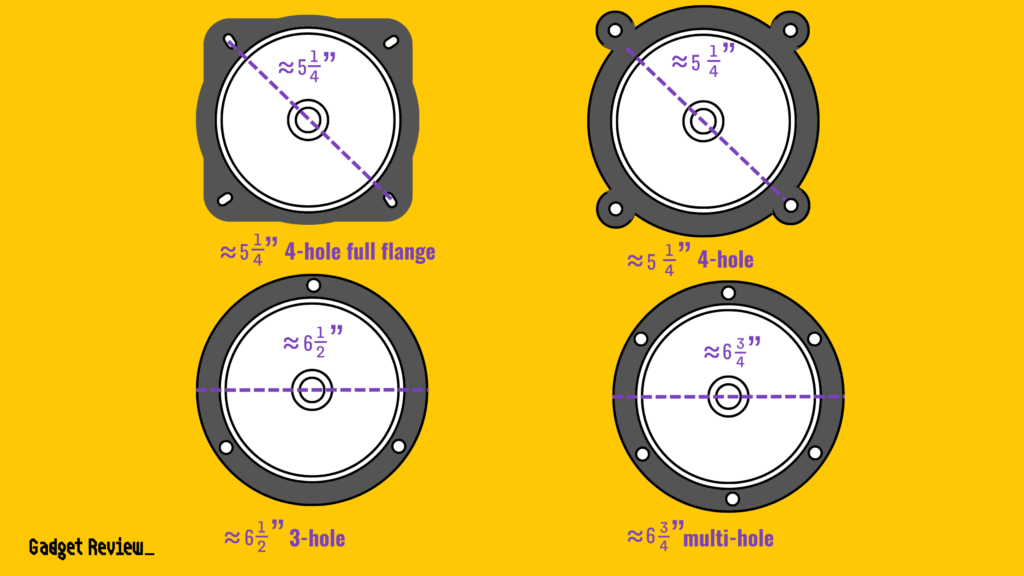
6.5-Inch Speakers
When we consider the landscape of car audio, 6.5-inch speakers hold a prominent place. With a balanced combination of power handling capabilities and sound quality, these speakers profoundly enhance the audio experience in your vehicle. Reliable and versatile, they’re the go-to speaker size for many vehicle owners, and with good reason. Installed either in the front or rear door, their size makes them a perfect fit for many factory speaker enclosures.
insider tip
If you’re looking for louder sound and improved audio quality, experts recommend that you replace both stock speakers and stereo head unit in the car.
With an optimal design as you replace your car speakers, these new speakers can faithfully reproduce an extensive spectrum of frequencies, crucial for delivering balanced sound across different music genres. When paired with a well-engineered coaxial speaker system which includes separate audio drivers for tweeters and woofers, you’re all set for an unrivaled audio journey.
6 x 9-Inch Speakers
For larger speakers that pack a real punch, 6×9-inch units are your best bet. With larger woofer cones, these speakers enjoy excellent bass reproduction capabilities, making them a popular choice for music lovers favoring amplified lower frequencies.
They’re typically found in sedans, SUVs, and trucks, comprising a crucial component of high-performance audio systems. It’s no surprise they’re so popular with individuals who like to turn up the volume and enjoy a deep, rich audio experience. For many audio systems, these speakers serve as crowning jewels, providing a powerfully immersive listening experience.
5.25-Inch Speakers
5.25-inch speakers serve as a popular choice for owners of compact cars and sedans wishing to upgrade their factory speakers. Given their relatively smaller diameters, they are a perfect fit for front and rear door installations.
Don’t be deceived by their modest size; they carry a solid punch in terms of sound performance. With proper power supply, you can expect them to dutifully provide a full range of frequencies for your listening pleasure.
6.75-Inch Speakers
Last but not least, 6.75-inch speakers are a common speaker size found in many vehicles. Perfectly balancing size and performance, these speakers often feature in aftermarket speaker installations, offering advanced sound quality over factory units. With these installed, you’re bound to enjoy a sound experience that’s crisp, clear, and compelling. You might need adapters for some vehicle models during the installation process, especially those initially equipped with closely-fitted grills.
Remember, everyone’s audio preferences are different. Choose speakers that best fit both the physical dimensions of your car and your desired sound quality. As with any upgrade, it’s always a good idea to consult your vehicle’s owner’s manual or contact a professional car audio installer for expert advice. Armed with knowledge and a little expert guidance, you’ll be well on your way to creating a car audio system that perfectly fits your unique style.
Why Speaker Size Matters
With various sizes to choose from like the common 6.9-inch, 6.5-inch, 5.25-inch, 4-inch, and 3.5-inch speakers, knowing how each dimension influences performance can make a significant difference in your sound experience.
Speaker Size and Sound Quality
First and foremost, the size of your speakers directly impacts the type of sound they can produce. If you are a music enthusiast, you’ll appreciate that different frequencies resonate better with certain sizes. Smaller speakers, for instance, often excel in producing higher frequencies with more clarity. So, if you’re into music with detailed vocal and instrument lines, sizes like 4-inch, 3.5-inch might be your thing.
Conversely, bigger units like 6.9 or 6.5-inch speakers tend to respond better to lower frequencies due to their added surface area. Their larger diameters grant them a stronger bass response, perfect for those who love deep, resonant notes.
Speaker Size and Power Handling
Understanding power handling is a must if you plan to crank up the volume without damaging your speakers. Power handling refers to the maximum wattage a speaker can deal with before it risks getting damaged, typically measured in watts. Naturally, speakers with a higher power handling capacity can generate greater volume and bass response.
STAT: The Department of Health says that prolonged audio is safe if the volume is kept under 70 decibels. (source)
Hence, knowing your audio system’s power, the factory speakers’ limitations, and the potential of aftermarket speakers becomes critical. Larger speakers generally handle more power than their smaller counterparts, making them a great choice for high-energy audio like heavy bass or loud music.
Speaker Size and Compatibility
The size of speakers you aim for should also fit well with the components of your car’s audio system. Bearing mind that different speaker sizes, like component speakers or coaxial speakers, have different power and impedance requirements. It’s necessary to study these specifications thoroughly to ensure compatibility between your vehicle’s audio system and your new speakers. For instance, impedance, one of these specs, refers to the electrical resistance offered by the speaker and can indeed influence its functioning.
warning
Having speakers with a lower impedance or resistance than your stereo has may cause heat resistance, leading to fires.
You’d also want to check the sensitivity rating, giving an idea of how efficiently a speaker converts power to sound. The performance of the woofers, tweeters, and even the speaker cones all link back to the size you opt for. By taking time and being mindful about these factors, making an informed decision about speaker size becomes easier on the path to an upgraded sound experience.
Conclusion
So, you’ve learned why speaker size matters when you’re looking to upgrade your car’s audio system. It’s not just about what fits your vehicle, but also about the sound quality, power handling, and compatibility with your car’s system. Remember, smaller speakers are great for higher frequencies, while larger ones handle lower frequencies better.
And don’t forget, larger speakers generally have a higher power handling capability. But the most important thing? Always ensure the speaker size is compatible with your car’s audio system, considering both power and impedance requirements. Armed with this knowledge, you’re now ready to make an informed decision and enhance your car’s audio for a superior sound experience. Enjoy the journey to better sound!


